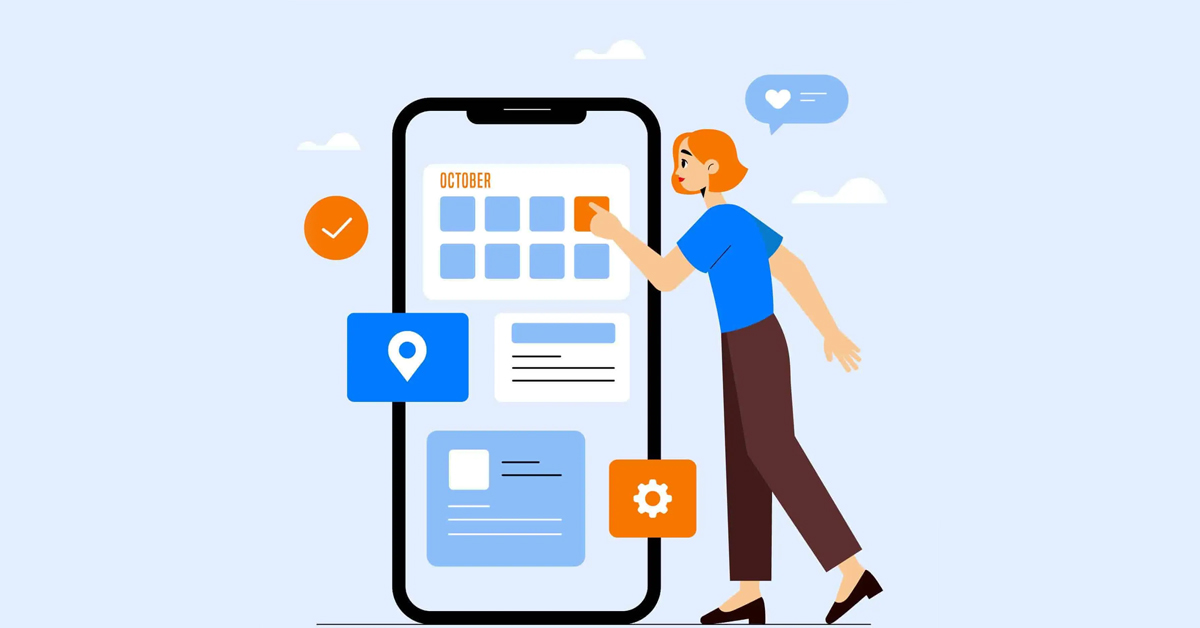
From Idea to App: A Comprehensive Guide to Mobile App Development
In the smartphone-dominated era, mobile apps have become the digital extension of businesses, hobbies, and personal projects. Whether you’re an entrepreneur seeking a digital presence or an individual with a bright idea, understanding mobile app development’s journey can turn your vision into a tangible product. This guide will navigate you through the intricate process, ensuring your app not only exists but excels.
1. The Genesis: Ideation
Every app begins with an idea, but not every idea should become an app. Consider:
Purpose: What problem will your app solve? If it doesn’t address a specific need, its chances of success diminish.
Audience: Who is your target audience? Understanding user demographics and preferences will shape the app’s design and functionality.
Unique Value Proposition: What makes your app stand out from similar apps? This unique value can be a crucial selling point.
2. Market Research: Know Your Terrain
Before diving into development, assess the market:
Competitor Analysis: Study your competitors. Identify their strengths and shortcomings to refine your app’s features and positioning.
Monetization: How will your app generate revenue? Options include ads, in-app purchases, subscriptions, or a one-time purchase price.
Trends: Stay updated with the latest technological trends. From AR to blockchain, leveraging cutting-edge tech can provide an edge.
3. Designing the Blueprint: Wireframing & Prototyping
This stage gives your idea a visual form:
Wireframing: Sketch your app’s layout and core components. Tools like Balsamiq or Sketch can be invaluable.
Prototyping: Develop a clickable model of your app. This gives stakeholders and testers a tangible sense of the app’s function and design.
4. Development: Crafting the Code
Your app starts coming to life here. Remember:
Platform Choice: iOS, Android, or both? Native apps offer optimized performance, but cross-platform tools like Flutter or React Native can be cost-effective.
Backend Development: If your app needs to store data, you’ll require a backend. Consider cloud solutions for scalability.
APIs & Integrations: Apps often need third-party integrations, be it payment gateways or social media sharing.
5. Design: Aesthetic Meets Function
A well-designed app is intuitive and visually appealing:
UI/UX Principles: Ensure your design is user-friendly. The user’s journey should be seamless, with a focus on clarity and minimalism.
Graphics & Animations: Engage users with compelling graphics. However, balance aesthetics with load times to maintain performance.
6. Testing: Pursuit of Perfection
Before launching, your app must undergo rigorous testing:
Beta Testing: Release your app to a limited audience to gather real-world feedback.
Functional Testing: Ensure all features work as intended.
Performance Testing: Check the app’s load times, responsiveness, and overall efficiency.
7. Launch: The Big Debut
You’re ready for the spotlight:
App Store Optimization (ASO): Just as SEO is crucial for websites, ASO is essential for apps. Optimize your title, description, and keywords for visibility.
Marketing & PR: Generate buzz through press releases, influencer partnerships, and social media campaigns.
8. Post-Launch: Evolution is Key
Your app’s journey doesn’t end at launch:
Feedback Loop: Regularly solicit feedback. User reviews can provide insights into desired features or existing issues.
Updates: Regularly update your app, ensuring it’s in line with OS updates and technological trends.
Analytics: Tools like Google Analytics for Mobile provide crucial data on user behavior, guiding future iterations.
Conclusion
From a fleeting thought to a fully-functional app, the mobile app development process is a journey of creativity, technical prowess, and continuous evolution. While the path might seem daunting, remember that every successful app, from Instagram to Zoom, once started as a mere idea. With dedication, the right team, and user-centric focus, your app could be the next big thing in the app stores. Happy developing!
0



